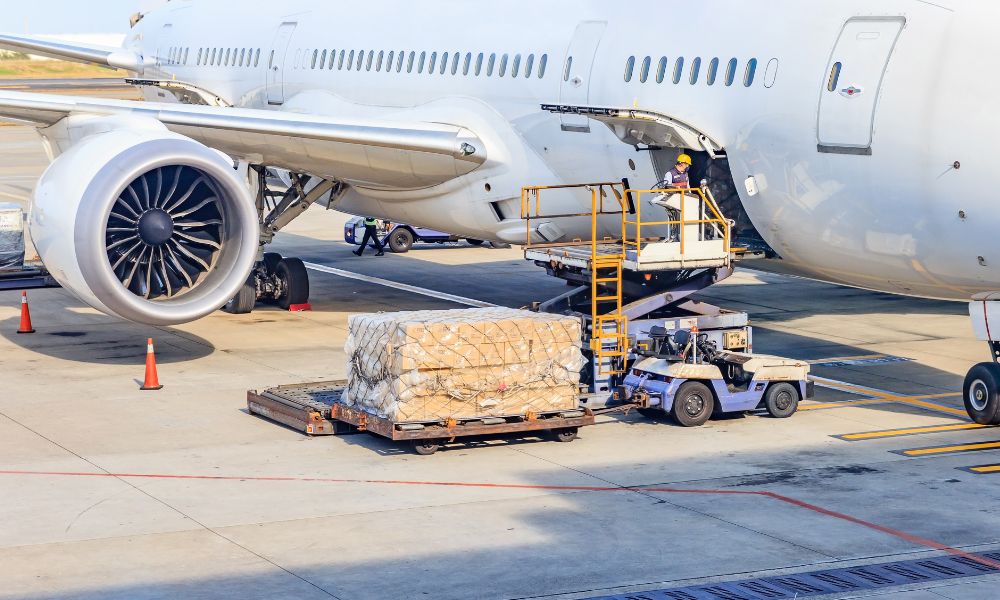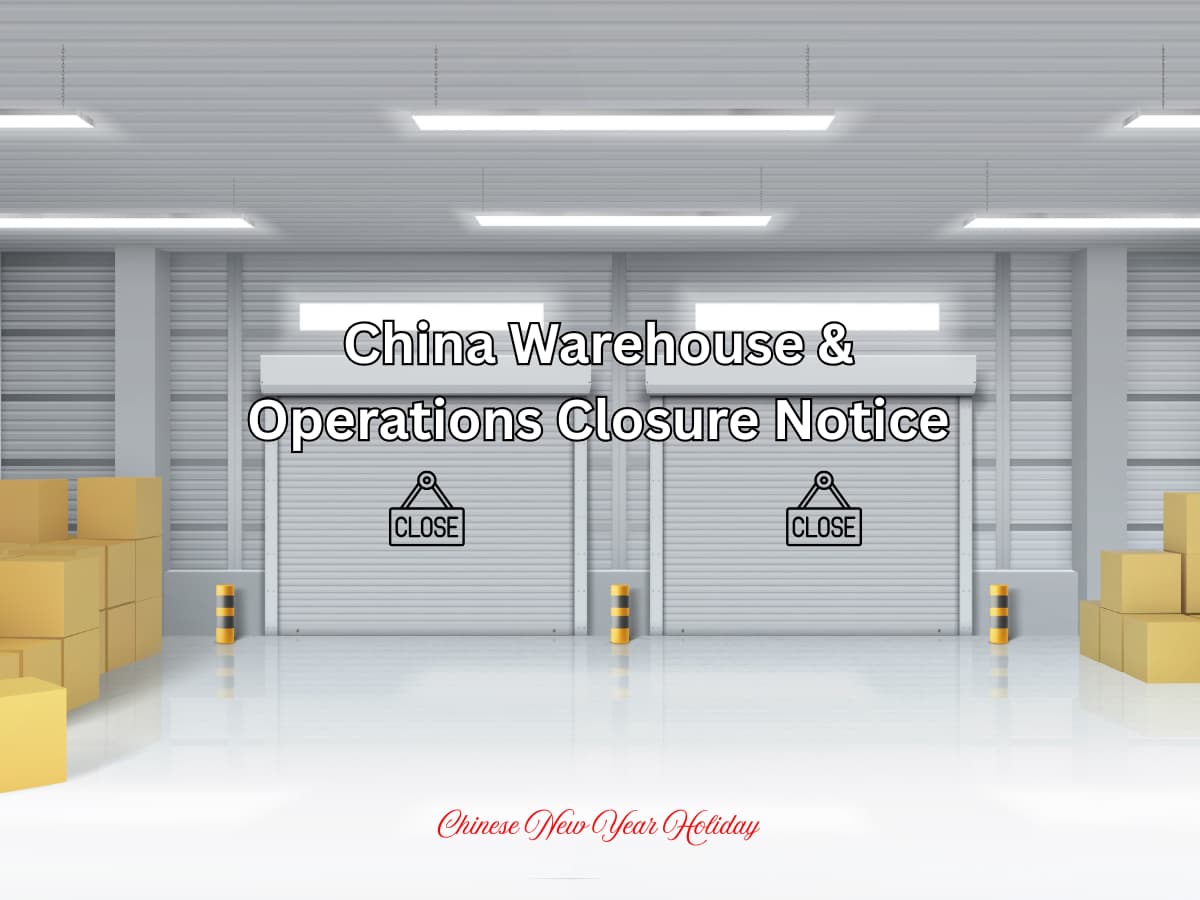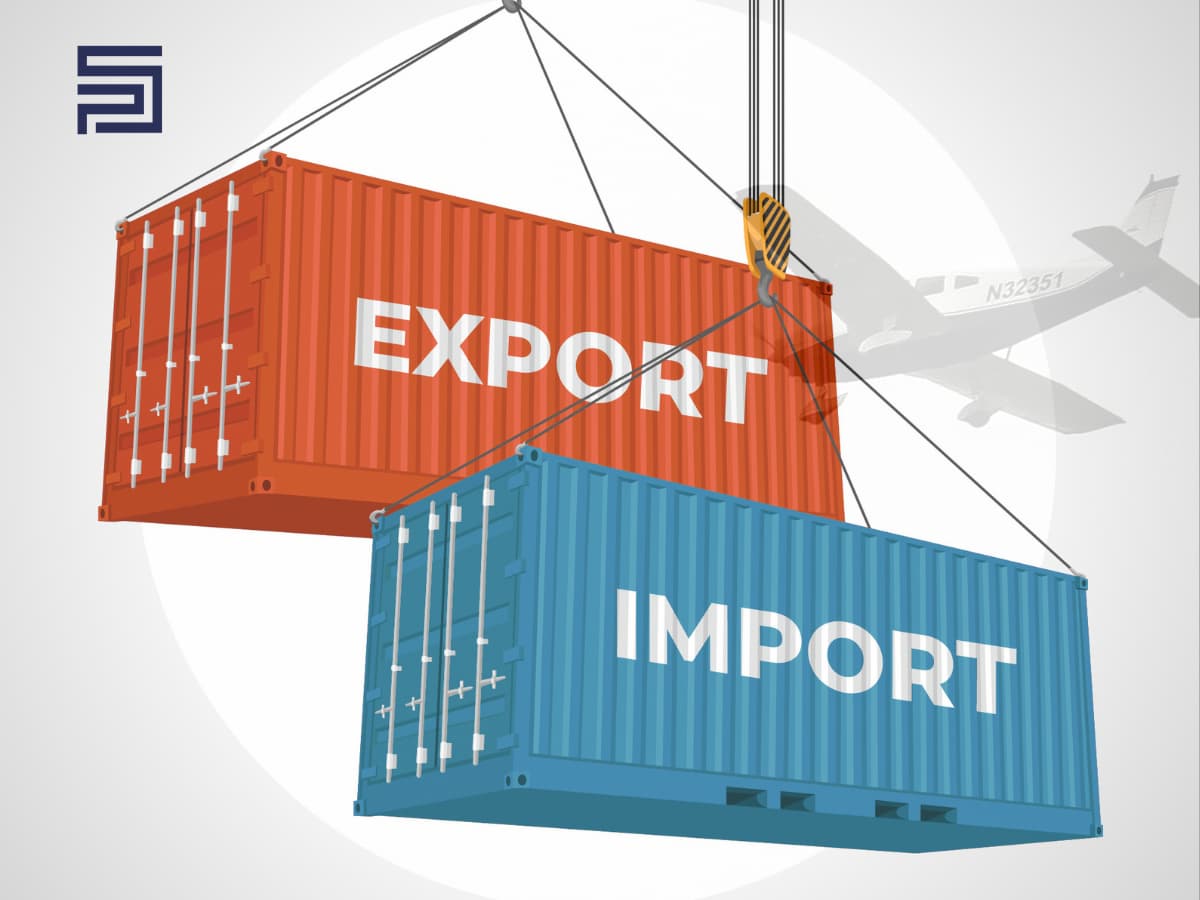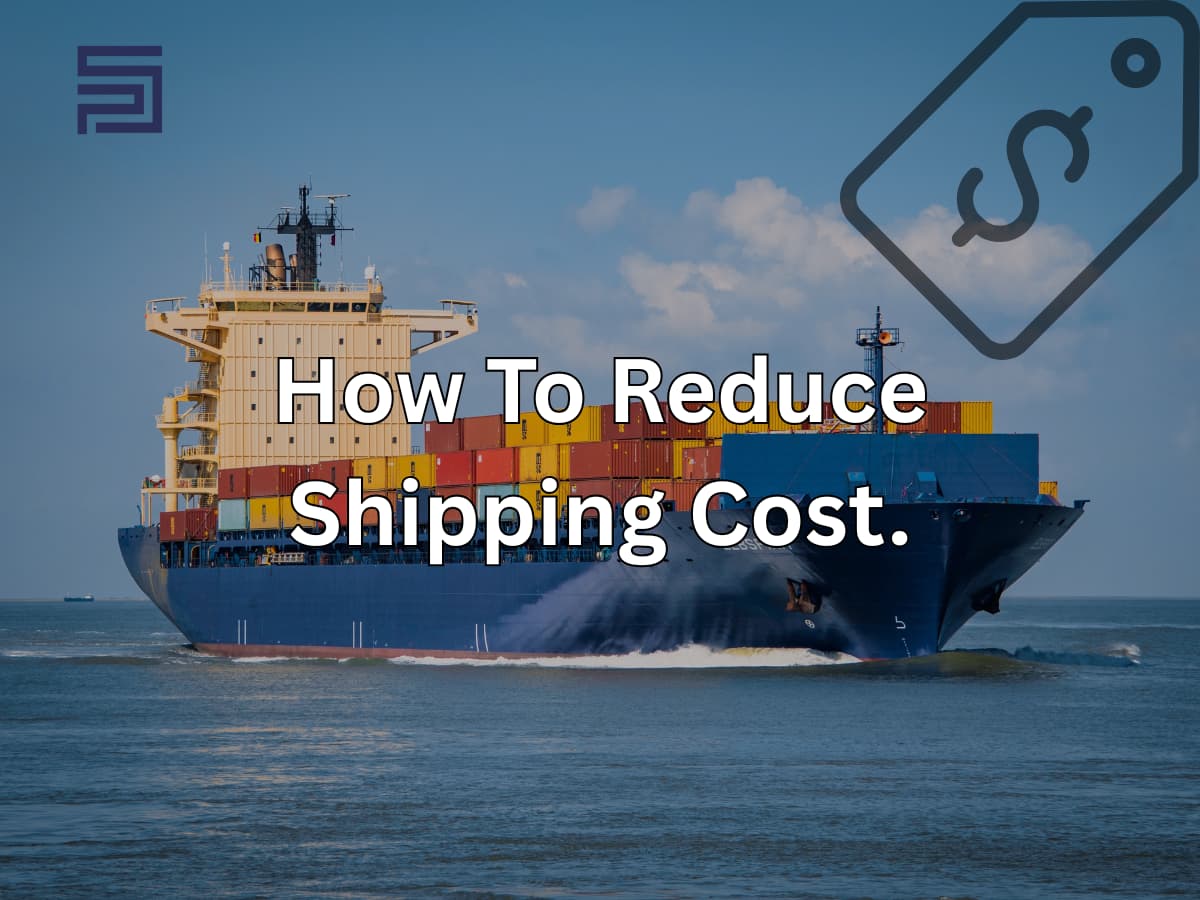According to the International Air Transport Association (IATA), air freight has been used to transport about $6 trillion worth of goods annually. This represents at least 35 percent of all global trade by value. However, it is less than 2% of the trade when measured by volume.
The imbalance between value and volume can be attributed to the fact that most of the products that are shipped via air have a high value despite their size, and this has cemented the place of air freight in the global supply chain industry.
Over the years, consumer expectations for faster shipping have grown, and air freight seems to be the answer to that demand as many companies who are working with a tight schedule and want their goods to be delivered on time have been opting for that.
Since the inception of air freight, it has played a vital role in the shipping of time-sensitive and high-value goods domestically and internationally, therefore, it has become a go-to for individuals, businesses and organisations that ship such goods.
Also, with the proliferation of e-commerce, there are now several small cargoes and packages from businesses and individuals that may not seem ideal for sea shipping.
In times of global crises and economic disruptions like pandemics and wars, air freight kept the supply chain industry functioning by utilising cargo capacity in passenger aircraft, dedicated cargo freighter operations, and relief flights to affected areas.
Looking at the benefits of air freight, it can be considered from the perspective of it’s benefits to businesses or individuals that use or need the services of air freight providers and also from the perspective of its benefits to the global economy. However, in this blog post, we will consider the benefits from the perspective of the users.
Visit our blog post on “Benefits of Air Freight to the Global Economy for information on thatSarapsl.
The following are the benefits of air freights to the users:
1. Delivery Speed:
The most astounding advantage of air shipping is speed, which can be as fast as same-day delivery. Air freight by far is the fastest way to deliver cargo. It can reduce transit time, inventory costs, and security risks, and offer more flexibility and responsiveness to market changes.
Cargo planes generally travel at a speed of around 900 kilometres per hour, meaning that shipments reach their destination in the fastest time possible. For businesses that sell perishable goods, or time-sensitive items, air freight is the best available option as their goods can be shipped across vast distances such as continents, in under a few hours.
2. Security:
Airports are well known for being one of the most tightly regulated facilities globally, reducing the risk of mistakes or theft. For air freight, there are strict regulations and screenings that ensure the security of cargo on board. Cargo receiving areas and air terminals are highly monitored and secure, limiting the risk of theft or damage.
If you're concerned about your goods getting damaged or stolen, air freight is a great solution. Goods shipped as air freight undergo minimal handling, leaving few opportunities for accidents. Also, since transit time is significantly reduced, there is a smaller window for something bad to happen to the goods. Aircraft are so tightly regulated that some goods can’t even be transported by air.
3. Wider Reach:
We understand that some countries or locations of the world are landlocked and do not have accessible water bodies connecting them to other countries of the world thereby making ocean freight impossible to such locations.
Also, when shipping with sea freight, road haulage will need to be involved as well because the ship can't get the items to their destination. Road freight on the other hand severely limits how far your cargo can go but air freight doesn’t have any of these problems.
Planes can take your goods anywhere. By flying above obstacles and congested transportation areas, planes can reach challenging and remote delivery points other freight options can’t access. Even the most remote locations can be serviced by air.
With a large operating footprint, airlines can provide air cargo services to nearly any location on the planet. Additionally, air cargo consolidators can provide bi-directional links between many locations. This helps cargo move quickly and frequently. For those in remote locations that are not easily accessible via water, air freight is a good option.
4. Versatility And Reliability:
Sea freight is prone to so many uncertainties like poor weather conditions, natural disasters, and port congestion. Port closure etc., which can all cause delays in the supply chain. Ports are regularly forced to close because of poor weather conditions.
For example, the Ever-Given ship that ran aground in the Suez Canal caused days of delays for countless other vessels.
Taking all of these into consideration, it is safe to say that air freight is more reliable and versatile because, not only does it reduce the chances of these happening, but departures are far more frequent, and you can almost choose what hour of what day you’d like goods to arrive at their destination, especially with express air shipping.
This versatility makes air freight a reliable option for businesses where delivery time is a top priority.
5. Cost Saving:
Air freight often requires less packaging than other shipping methods and this in turn reduces weight and helps save money. Also, due to the speed of transportation and quick clearance procedures of customs officers, there is much less need for warehousing as warehousing fees can be significantly outrageous sometimes.
6. Low Cost Of Insurance:
Because it is well known that air freight is a much more secure method of transport, insurance premiums are lower. Not only that, but insurance companies also know air cargo transit times are far shorter than other methods, so items don’t need to be covered for as long, bringing premiums down further.
7. Quicker Recovery Time:
Mistakes are inevitable in the supply chain industry and are bound to happen from time to time. Departures can be missed, and items can even be sent to the wrong location. However, plane departures are far more frequent than road, sea, or rail transport. This means if the cargo doesn’t make a particular flight, the recovery time is much less or if sent to the wrong location, it can be redirected to the right destination even before the shipper realizes the mistake thereby averting major disasters.
Despite all these benefits, air freight is not 100% free from shortcomings. One of those major shortcomings includes high freight rates, air freight is typically the most expensive shipping mode. There is also the issue of low carrying capacity and environmental unfriendliness when compared to other shipping modes.
To learn more on how to best leverage air freight services as well as other supply chain solutions, contact SARA PROCURMENT SERVICES LIMITED. With our wealth of experience in the supply chain industry, we will help you make the right shipping decisions.
Visit our physical office space at 3 Fatai Irawo Street, Ajao Estate, Airport Road, Lagos, Nigeria, or any of our warehouse touch point locations worldwide to learn more about us and utilise our services.
Our 247-email correspondence is hello@chinatolagos.com. Contact us today.
We are equally social, and you can find us @SaraProcure on your favourite channels: Twitter, Threads, Facebook, and Instagram.






Comments
Please log in to leave a comment.